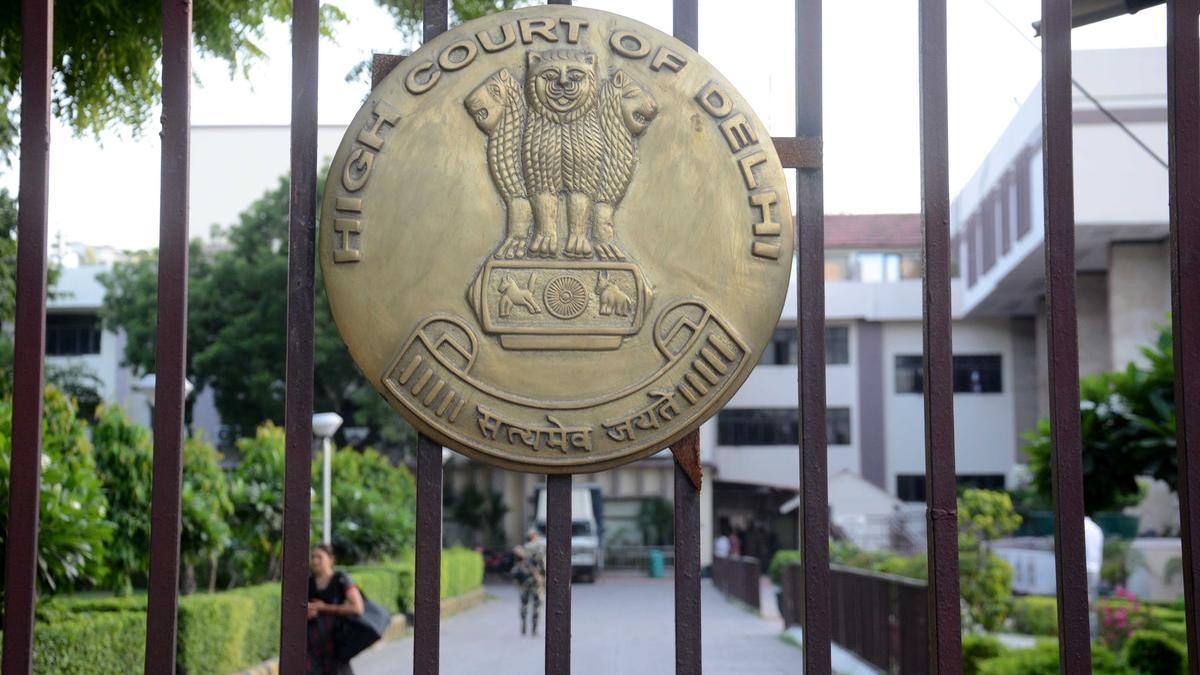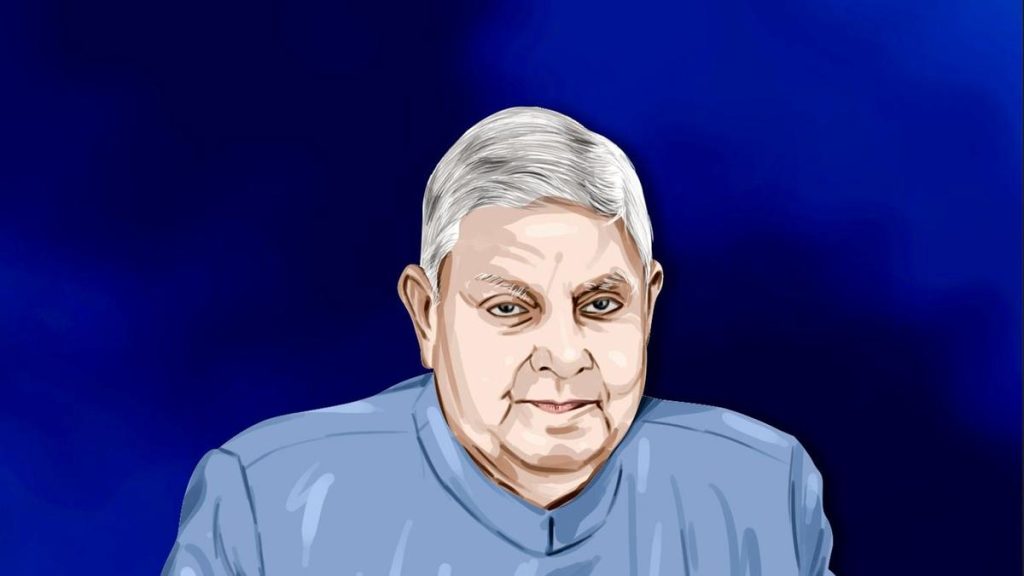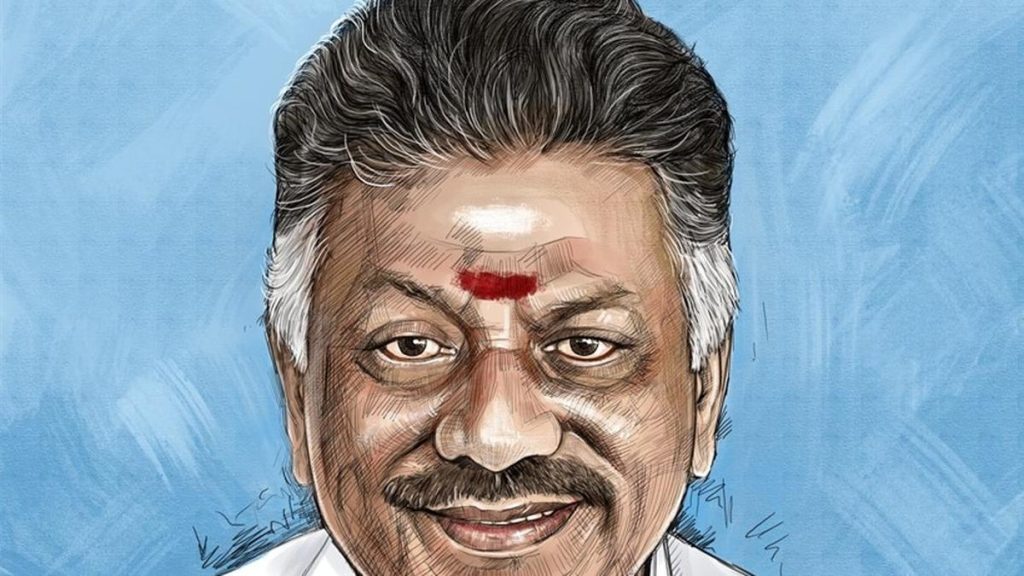Now Reading: Delhi Official’s Suspension Upheld in Minor’s Sexual Assault Case
-
01
Delhi Official’s Suspension Upheld in Minor’s Sexual Assault Case
Delhi Official’s Suspension Upheld in Minor’s Sexual Assault Case

Quick summary
- The Delhi High Court refused to quash charges against suspended Delhi goverment official Premoday Khakha, accused of raping a minor girl multiple times between November 2020 and January 2021.
- Charges were also upheld against his wife, Seema Rani, for causing the minor’s miscarriage and destruction of evidence.
- The couple’s children faced charges under Section 21 of the POCSO Act for failing to report the offense despite having knowledge. Their anticipatory bail was granted by the Supreme Court in January 2024.
- Premoday remains in judicial custody following his august 2023 arrest. His wife is also in judicial custody.
- The High Court rejected Premoday’s plea citing inability to impregnate due to prior vasectomy; it agreed with lower court observations that vasectomy procedure is not infallible.
- Justice Swarna Kanta Sharma ruled that there were no legal infirmities or perversity in framing charges under various IPC Sections (such as Section 376 for rape) and POCSO provisions.
Indian Opinion Analysis
The Delhi High Court’s decision highlights its commitment toward ensuring accountability in cases involving minors under stringent POCSO guidelines. By upholding charges related to negligence by family members who failed to report abuse, this case underscores broader legal principles about duty of care within familial settings and society.
Importantly, the judgment reaffirms reliance on evidence rather than disputed medical assertions like vasectomy failure claims-a firm stance aligning with other international rulings where procedural issues are weighed cautiously but not without scrutiny. It reflects India’s judiciary taking an unyielding position on child sexual abuse cases amid growing concerns over systemic failures which involve trusted relationships being misused.
For India at large, such a verdict sends a clear message that legal oversight extends even into private domestic spaces where crimes often remain hidden, promoting trust within victims while sustaining deterrence value through enforcement clarity-critical implications given high rates involving crimes targeting minors nationwide.
























